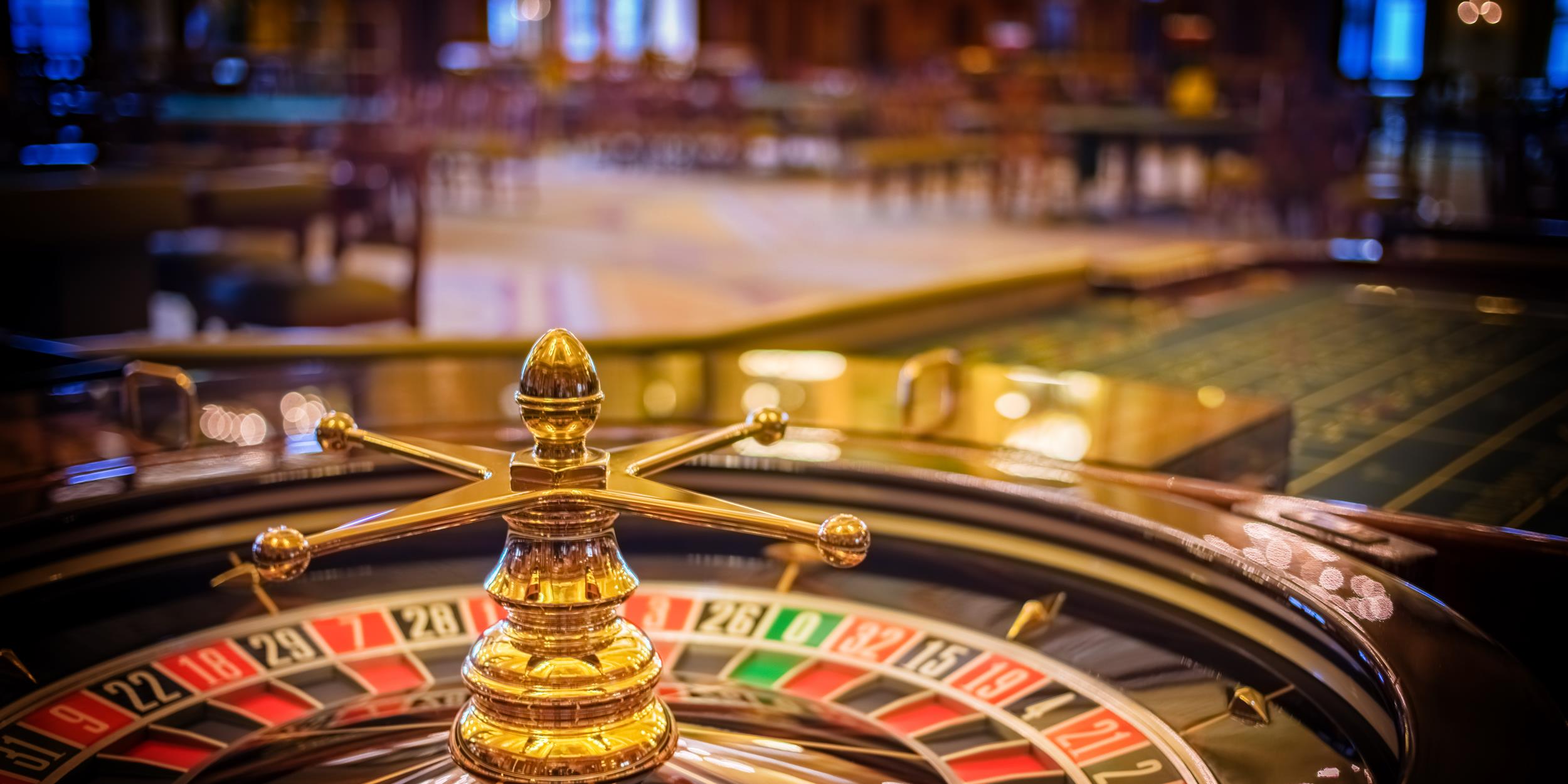Casino games have long captured the imagination of people around the planet, becoming an essential part of both leisure and tradition. From the shimmering lights of Las Vegas to the captivating experience of virtual casinos, these games evoke enthusiasm, risk, and sometimes even a sense of nostalgia. They are beyond just hobbies; they have woven themselves into the texture of society, influencing various aspects from cinema and music to style and literature.
The allure of casino games surpasses the gambling aspect, tapping into broader themes of luck, chance, and social interaction. As players assemble around a gaming table or spin the wheel of fortune, they engage in an ancient ritual that connects with our shared desire for thrill and uncertainty. This obsession has led to the emergence of countless references in cinema, tracks, and electronic games, showcasing how intensely entrenched these games are in popular culture. Whether it is the intense drama of a legendary robbery film or the lively nightlife portrayed in videos, casino games have created a substantial role that reflects our bond with risk.
Cultural Importance of Casino Games
Gambling games have played a crucial role in social contexts throughout history. Stemming from ancient societies, forms of chance were often linked to rituals or gatherings. For example, early forms of these activities can be linked back to historic China and the Roman Empire, where die games and betting on outcomes were common pastimes. These games not only served as entertainment but also as methods of social interaction, facilitating connections among people within communities.
As cultures evolved, so did the sophistication and structure of casino games. The establishment of formal casinos in the 17th century, particularly in Italy, marked a significant shift in how games were perceived and organized. With specific spaces for gambling, the casino became a community center where people from different backgrounds convened. This evolution contributed to the legitimization of the industry, transforming it from a mere pastime into an established industry that shaped the economy and policy.
The effect of casino activities on mainstream culture cannot be understated. As they were popularized in books and film, games such as poker and blackjack became icons of risk, chance, and tactics. Famous characters and narratives have developed around these activities, reflecting societal views towards fortune, prosperity, and vice. This interest with casino games has infiltrated various forms of media, solidifying their status in the public imagination and connecting them to wider cultural stories throughout history.
Representation of Gambling Activities in Media
Casino games have long been a popular theme in different types of entertainment, reflecting both the fascination and intricacies of the world of gambling. Movies such as Ocean’s Eleven and Casino Royale portray individuals who navigate intense situations, showcasing not only the attractiveness of the gambling environment but also the strategies and decisions that come with playing popular games like poker and 21. These films often dramatize the thrill of winning and the potential consequences of losing, encapsulating the dangers involved in betting. gokkasten voor echt geld
Television shows have also explored the realm of casino games, often integrating them into the plot as a context for character development and tension. Shows like Vegas depict the stories of casino workers and casino-goers, highlighting the vibrant, often disorderly energy of the casino floor. Reality shows featuring intense betting contests further emphasize the fascination of casino games, drawing viewers into the tension and tactics involved in each session. Through these portrayals, media not only amuses but also stimulates conversations about luck, skill, and the nature of chance.
Digital games have increasingly included casino games into their structure, allowing players to experience the thrill of gambling without financial exposure. Games within the domain of online gaming often include virtual slots, poker, and other casino favorites, creating an immersive gameplay that mirrors actual casino experiences. These virtual portrayals make gambling activities accessible to a global audience, appealing to both players who indulge and those who enjoy the rush of simulation. As a result, the representation of gambling activities in entertainment continues to shape cultural attitudes and cultural relevance, highlighting their place in entertainment and culture.
Impact of Casino Games on Communities
Gambling activities have a meaningful impact on society, influencing multiple aspects of culture and interpersonal behavior. They often function as a venue for community engagement, where people gather to enjoy a shared activity. Casino trips with friends or visits to casinos become social activities that foster connections and create memories. This collective aspect enhances the entertainment value of casino games, making them a favored choice for celebrations and leisure activities.

Moreover, gambling activities have been depicted in countless movies, television shows, and literature, shaping views and attitudes towards gambling and gaming. Icons like James Bond competing in baccarat or the intense poker scenes in films have cemented these games in the collective imagination. This representation often idealizes the culture associated with casino activities, attracting new players and influencing trends in both style and conduct. These portrayals can spark curiosity and lead to a deeper exploration of the intricacies of gambling.
However, there are also adverse implications linked to the popularity of casino games. The allure of quick monetary gain can lead to problem gambling and financial troubles for some individuals. Society must contend with these consequences, advocating for responsible gaming and education of the dangers involved. Finding a balance between the entertainment value of casino games with the risks is crucial to ensure that they continue to be a beneficial aspect of our cultural landscape.